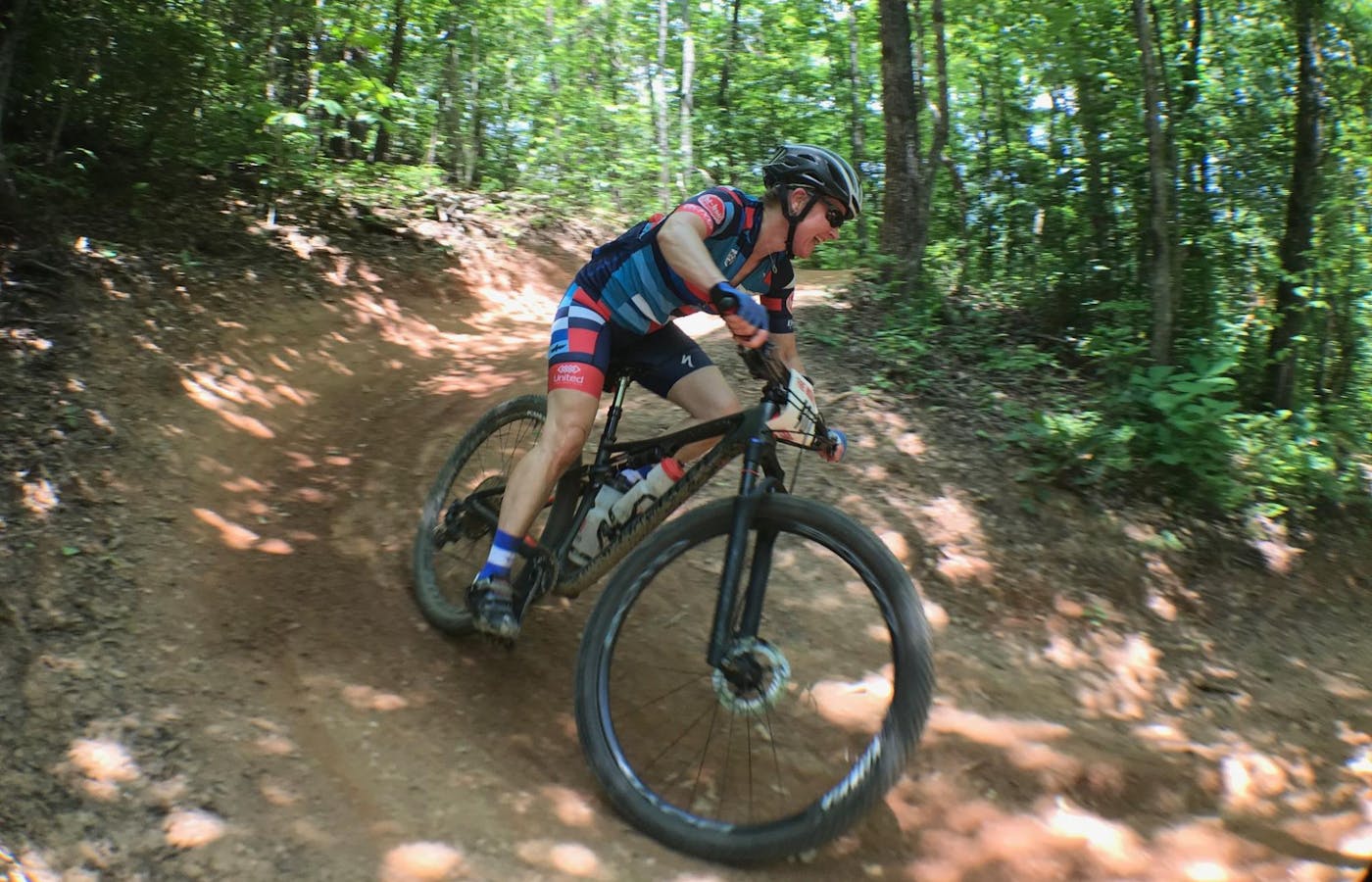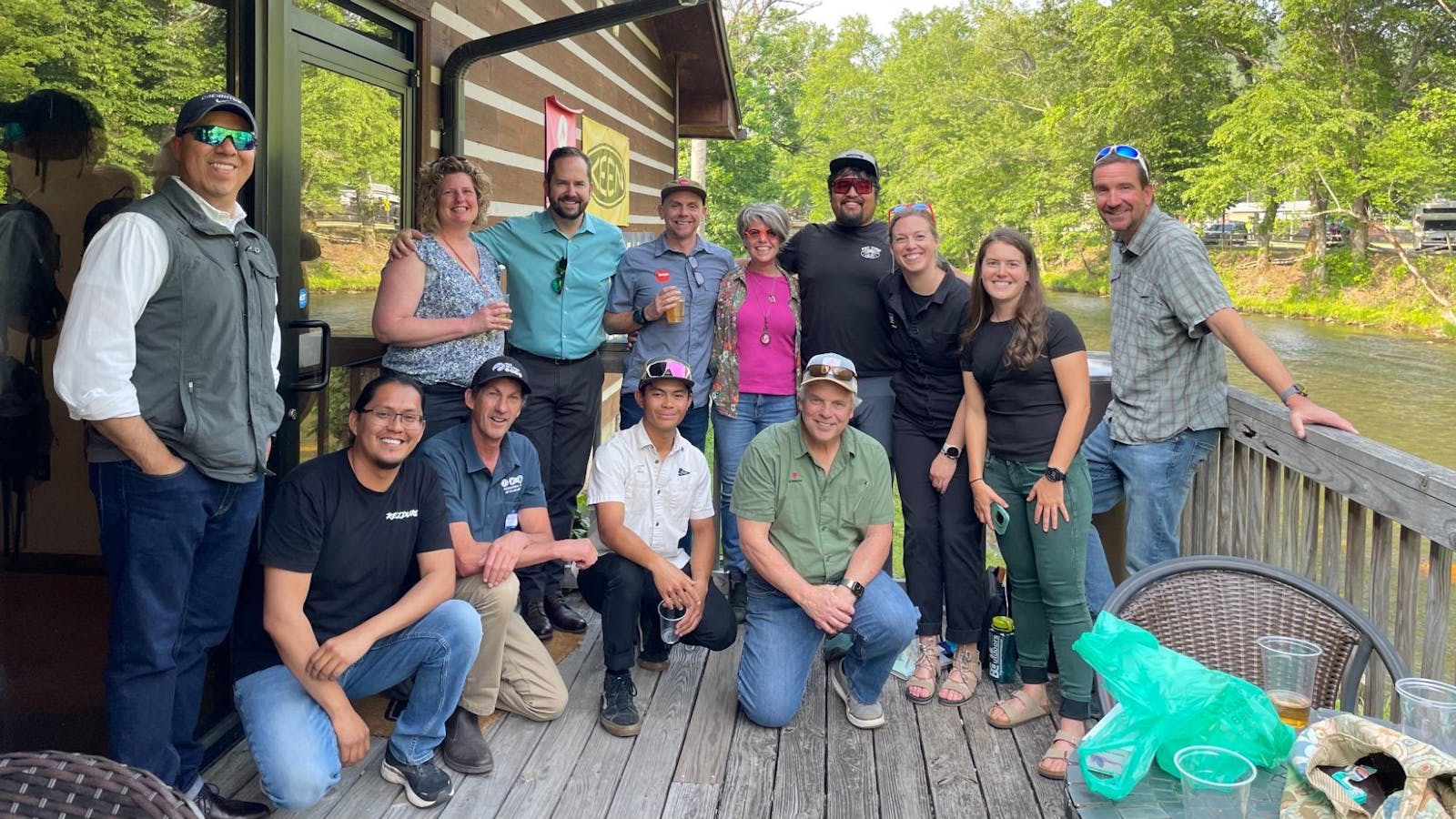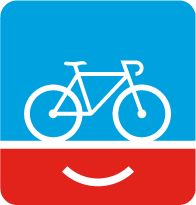Learnings From the Inaugural Recreational Trails Workshop
By: Rachel Fussell, eMTB policy and program director

By bringing together diverse groups of stakeholders, PeopleForBikes hopes to break down some of the silos that currently exist in the recreation space.
In late May, Annette Clapsaddle, a member of the Eastern Band of Cherokee Indians and author, welcomed an intimate group of tribal leaders, federal land managers, and recreational advocates to Cherokee, North Carolina, for the inaugural Recreational Trails Workshop. In her welcome to the group, Clapsaddle focused on the land where her ancestors have lived for generations and shared her experiences enjoying the multi-use trails of Fire Mountain, which were built by the tribe for all to enjoy.
“These mountains are a special place because our ancestors have been protecting, safeguarding, and loving this place for generations,” says Clapsaddle. “When we talk about generations, we learn from the generations before who have adapted and innovated and we’re learning from seven generations ahead of us.”
The Recreational Trails Workshop was a first-of-its-kind gathering hosted by PeopleForBikes in partnership with the Eastern Band of Cherokee Indians in a mountainous and forested area best known as the Qualla Boundary. The goal of the workshop was to explore opportunities and challenges associated with recreational access and economic development on tribal and public lands. Participants included representatives from four different tribal nations, the U.S. Forest Service, the National Park Service, the Bureau of Land Management, the Southern Off-Road Bicycle Association, the National Interscholastic Cycling Association, and the International Mountain Bike Association.
“Never have we been able to coordinate and corral so many different tribal perspectives into one room,” says Jeremy Hyatt, secretary of operations with the Eastern Band of Cherokee Indians. “Being able to have meaningful discourse with other tribal nations that are pushing cycling initiatives, along with our friends and partners in the recreational space and industry, was extremely rewarding.”
Hyatt is the person behind the creation and operation of the Fire Mountain Trail System in Cherokee, a trail system that includes more than 11 miles of multi-use trails for mountain bikers and hikers. The Fire Mountain Trail System was an excellent case study for participants to explore during the workshop, with Hyatt noting that, “the exchange of ideas and perspectives was incredible, and will bear fruit in the immediate future for Cherokee and the Eastern Band of Cherokee Indians.”
During the workshop, PeopleForBikes eMTB Policy and Program Manager Rachel Fussell, as well as E-Bike Policy and Campaign Director Dr. Ash Lovell, facilitated discussions with the group exploring how participants could learn from one another and find shared solutions. The discussions prioritized the perspectives of tribal leaders so that all participants could better understand the opportunities and challenges these communities face and how they differ across the country. By bringing together diverse groups of stakeholders, events like the Recreational Trails Workshop can help break down some of the silos that currently exist in the recreation space.

As the demand for outdoor recreational opportunities continues to grow, these inclusive conversations have the potential to create innovative solutions to shared challenges. For example, Adrian Herder, who attended the gathering as a representative from Rezduro, an indigenous-led mountain bike enduro race, and as a member of the Navajo Nation, shared his thoughts on why the workshop was valuable. “The benefit of the workshop for us in relation to the work we're doing on Navajo is that we were able to share our struggles and strengths with those unfamiliar with rural mountain bike organizing on tribal reservations,” says Herder. “We finally met the folks behind Fire Mountain Trails and saw the trails ourselves.”
After the workshop concluded, Herder noted that he left the meeting with ideas and potential future partnerships. “The big takeaway from our time together would be meeting and potentially partnering with other tribal nations doing similar work,” says Herder. “We may come from different lived experiences, but we're all working to get more of our people on bikes while increasing the representation in this predominantly white space. I want to thank all the non-BIPOC folks for listening to what we had to say and hopefully offering support or connections to help us in our efforts in the future. Ahéhee' [Thank you]!”
Coming Soon: Recreational Bicycling Tool
In addition to hosting this workshop and other events related to recreational access, PeopleForBikes is developing a tool to measure access to recreational bicycling facilities across the country. The recreational bicycle network analysis will quantify the quality and access of trails similar to how PeopleForBikes’ Bicycle Network Analysis measures the quality of urban bike networks for everyday transportation. From remote gravel roads to bike parks in city centers, the tool will catalog recreational bicycling facilities around the country and help guide investments for new facilities. REI is generously funding the development of the tool, which will be released in spring 2024.
Related Topics:

